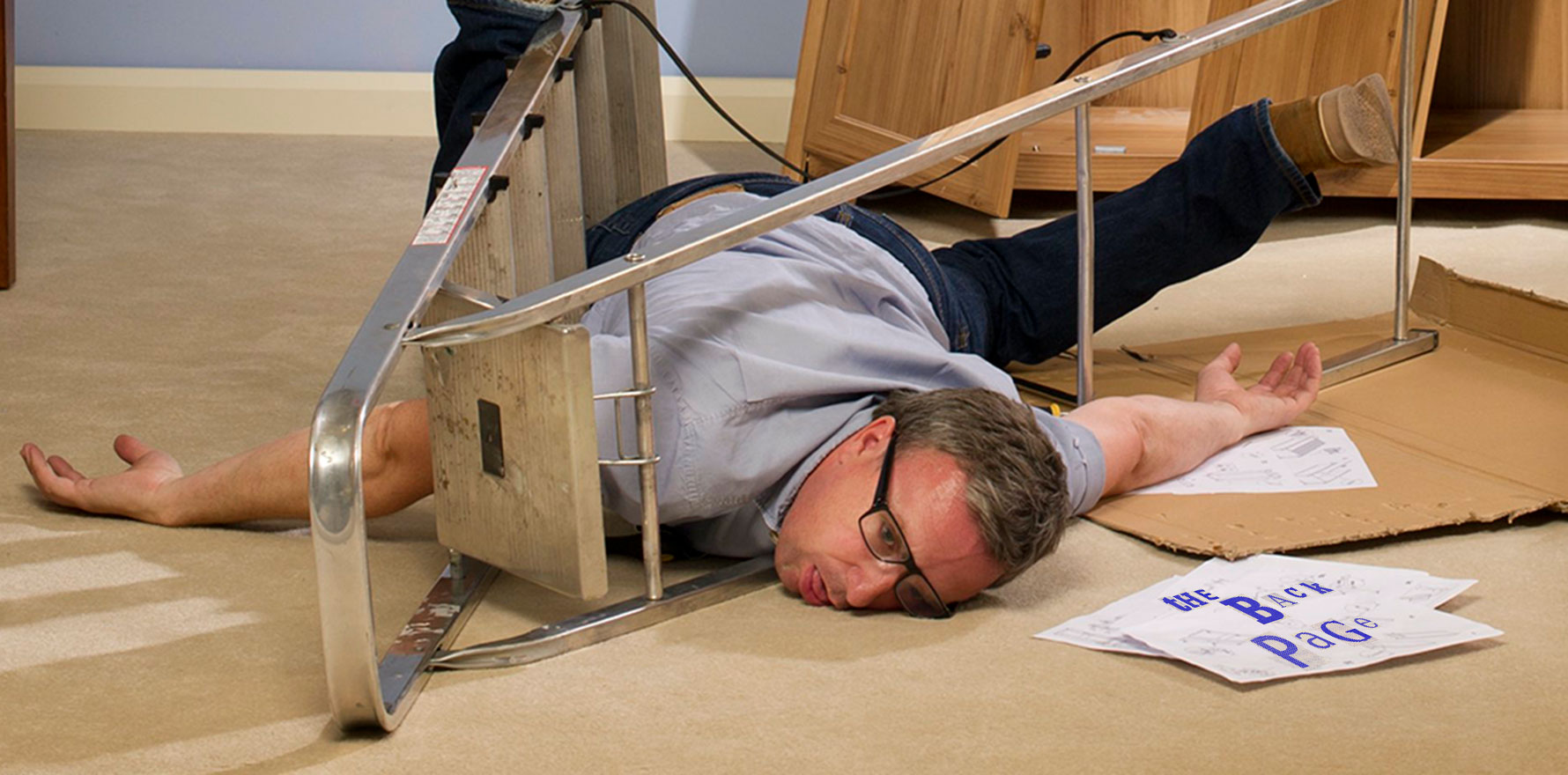Covid lockdowns changed where blokes elected to injure themselves.
As many a young medical student on ward rounds can attest, one of the chief reasons cited by older patients for their admittance is: “I had a funny turn.”
While diagnostically fairly unhelpful, the “funny turn” is generally followed shortly afterwards by damaging gravity-aided bodily contact with a solid household object or two, more often than not the floor. This is, of course, the critical difference between “having a fall” and merely “falling over”.
But as with so much of what was once code normal, the covid pandemic added a twist. Lockdown reduced bad falls overall: according to the AIHW, in April 2020 there were 25% fewer hospitalisations due to falls among people 65+ than in April 2019. By June, with lockdowns over, the numbers were back at pre-pandemic levels.
But while falls in places like schools, shopping centre and sporting areas declined, there was a new cohort of “home falls” sufferers flooding the EDs, namely locked-down males with time on their hands and a surfeit of self-confidence. (OK, we made up that last bit, but we are channelling personal experience here.)
The AIHW’s report, Injury in Australia 2019-20, shows males made up 55% of the 527,000 injury hospitalisations and 62% of the 13,400 deaths due to injuries for that time period.
For both males and females, falls were the leading cause of injury hospitalisation, followed by contact with objects (including blunt or sharp objects) and transport accidents.
“Covid-19 restrictions also changed the location of where injuries occurred. There were fewer injuries at community locations such as schools, sporting areas and shopping centres. Meanwhile, injuries at home were more frequent from April onwards,” AIHW spokesperson Dr Adrian Webster said in a media release.
The largest decreases in injury-related hospitalisations between March and May 2020 were for causes such as drowning, electricity and air pressure, contact with living things (including bites and stings), and forces of nature (including natural disasters).
The report did not, however, cover emergency department presentations where a patient was treated without admission to hospital.
With the distorted world of lockdowns hopefully behind us now, we can only imagine that most blokes are putting the stepladders back in the shed and reverting to their more traditional locations for injuring themselves.
If you see something that gives you a funny turn, spin it on over to penny@medicalrepublic.com.au.


